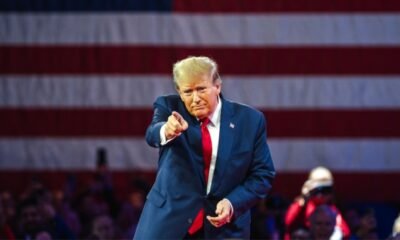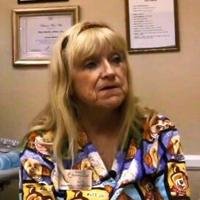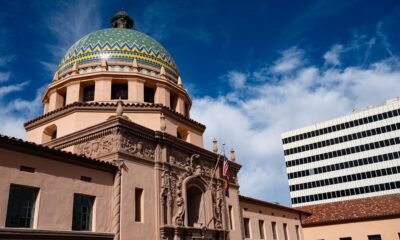Business
Judge Postpones Key Ruling on Trump’s Presidential Immunity in Hush Money Scandal

A New York judge has postponed a crucial decision regarding President-elect Donald Trump’s Manhattan criminal conviction in light of a recent U.S. Supreme Court ruling on presidential immunity. New York Supreme Court Justice Juan Merchan had been expected to announce his ruling on Tuesday, but both prosecutors and Trump’s defense counsel requested a delay in current deadlines, including the immunity ruling, following Trump’s victory in the 2024 presidential election.
Prosecutor Matthew Colangelo noted in a communication to the court that the unique circumstances warranted a careful examination of the situation. He emphasized the need to balance the integrity of the jury’s verdict against the interests of the presidential office.
Trump’s attorney, Emil Bove, backed the request for a stay while arguing for the complete dismissal of charges due to Trump’s status as president-elect. He claimed that the requested actions are necessary to prevent unconstitutional barriers to Trump’s governance.
Trump’s election has already complicated ongoing federal cases involving allegations connected to the January 6 Capitol riot and the mishandling of federal documents at Mar-a-Lago. In the state case, considerations of immunity have already led to two postponements of Trump’s sentencing, which is currently scheduled for November 26, pending any further developments.
In May, a Manhattan jury found Trump guilty of 34 felony counts related to falsifying business records. This case involved a scheme to silence negative press during his 2016 campaign through hush payments to an adult film actress.
Following the Supreme Court’s landmark ruling in July—which established that former presidents enjoy absolute immunity for actions taken while in office—Trump contended that specific trial evidence should have been excluded and that the verdict should be overturned. He criticized the actions of Manhattan District Attorney Alvin Bragg as biased and unlawful.
In a court filing, Trump argued that prosecutors violated the Supreme Court’s ruling by admitting evidence from his presidential activities. He referred specifically to testimony from former communications director Hope Hicks regarding efforts to manage media coverage of his personal affairs.
Prosecutors maintained, however, that the Supreme Court’s decision does not affect this case. They asserted that the evidence presented focused solely on Trump’s unofficial actions, which are not protected by the ruling. They argued that the jury’s unanimous verdict should stand, irrespective of any potential issues regarding admissible evidence during the trial.
The hush money trial, which took place from mid-April to late May, was historic, as it marked the first instance of a current or former U.S. president facing criminal charges in court.








![Members of the Arizona State Transportation Board sit on the dais in Surprise City Hall on Feb. 21, 2025. [Nancy Smith]](https://arizonanews.org/wp-content/uploads/2025/02/Surprise-Meeting-Reveals-One-Key-Barrier-Keeping-347-Off-ADOTs-400x240.jpg)
![Members of the Arizona State Transportation Board sit on the dais in Surprise City Hall on Feb. 21, 2025. [Nancy Smith]](https://arizonanews.org/wp-content/uploads/2025/02/Surprise-Meeting-Reveals-One-Key-Barrier-Keeping-347-Off-ADOTs-80x80.jpg)








